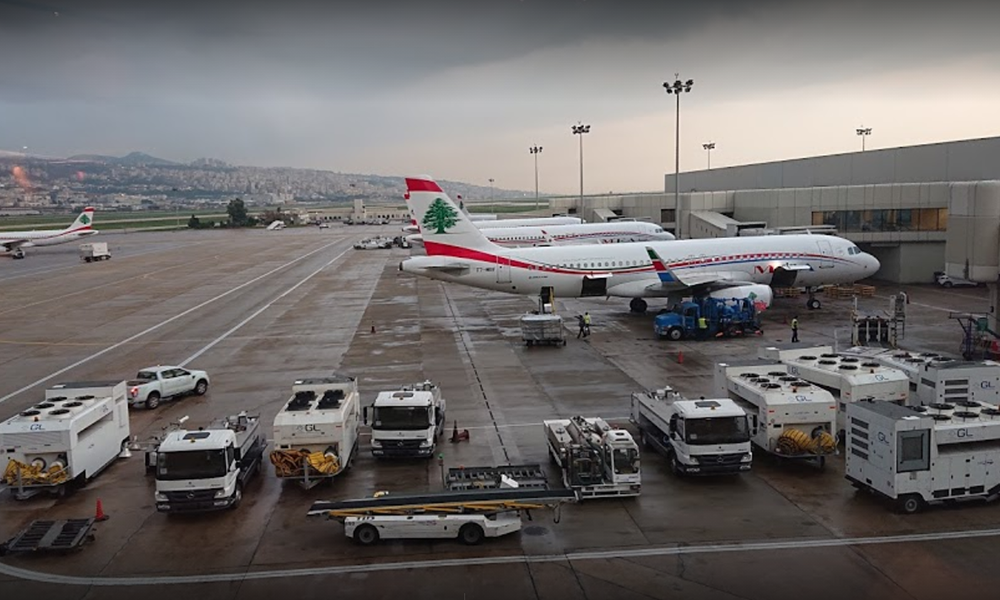
Israeli strikes targeting nuclear and military installations in Iran sent shockwaves through Middle Eastern airspace on Friday, prompting several countries, including Jordan and Iraq, to immediately close their airspace. The closures led to widespread flight cancellations and rerouting, including flights bound for Lebanon.
In Abu Dhabi, airport authorities warned of “significant disruptions” throughout the day at Zayed International Airport. On X, passengers were urged to check with their airlines before heading to the airport.
In Jordan, the Civil Aviation Regulatory Commission officially shut down the kingdom’s airspace and suspended all air traffic, including transit flights, citing precautionary measures “in light of potential risks stemming from the regional escalation.” Government spokesperson Mohammad Momani stressed that Jordan would “not permit any violation” of its airspace and “will not serve as a battlefield for any conflict.”
Haitham Misto, head of Jordan’s Civil Aviation Commission, explained that the move aligns with international aviation safety standards, notably the Chicago Convention. He noted the decision would be reassessed based on evolving security risks.
Meanwhile, Iraq, which shares a border with Iran, also suspended all air operations nationwide. The Ministry of Transport ordered a full airspace closure “until further notice,” citing the need to ensure the safety of passengers and aircraft. Iraq’s Air Navigation Services Company immediately began clearing air traffic from the skies.
Furthermore, flights operated by Syrian Airlines to the United Arab Emirates and Saudi Arabia have also been temporarily suspended.
Lebanon, too, is feeling the ripple effects of these closures. Middle East Airlines (MEA) canceled several flights to countries that have shut their airspace, notably Jordan and Iraq, and has rerouted others through alternate safe corridors.
Emirates, the largest airline in the Middle East, announced the cancellation of flights to and from Iraq, Jordan, Lebanon, and Iran. Sundair also suspended a flight from Izmir. Flights operated by MEA to Jordan and Iraq have been cancelled for Friday.
In this context, Lebanese Civil Aviation Director Amine Jaber told local MTV that operations at Beirut International Airport are “currently running normally,” although further cancellations are expected.
Beirut airport director Kamal Nasreddine told Al-Hadath: “Operations remain normal for now, but we anticipate a wave of cancellations from foreign carriers.”
As regional capitals bolster their air safety measures, travelers are urged to stay updated in real time regarding schedule changes. Airlines, for their part, are adjusting flight plans to steer clear of high-risk zones.



Comments